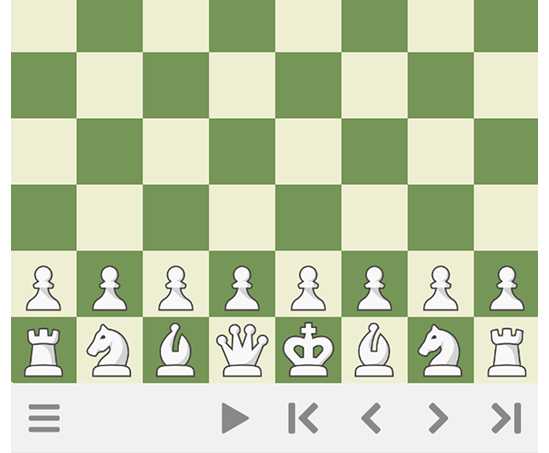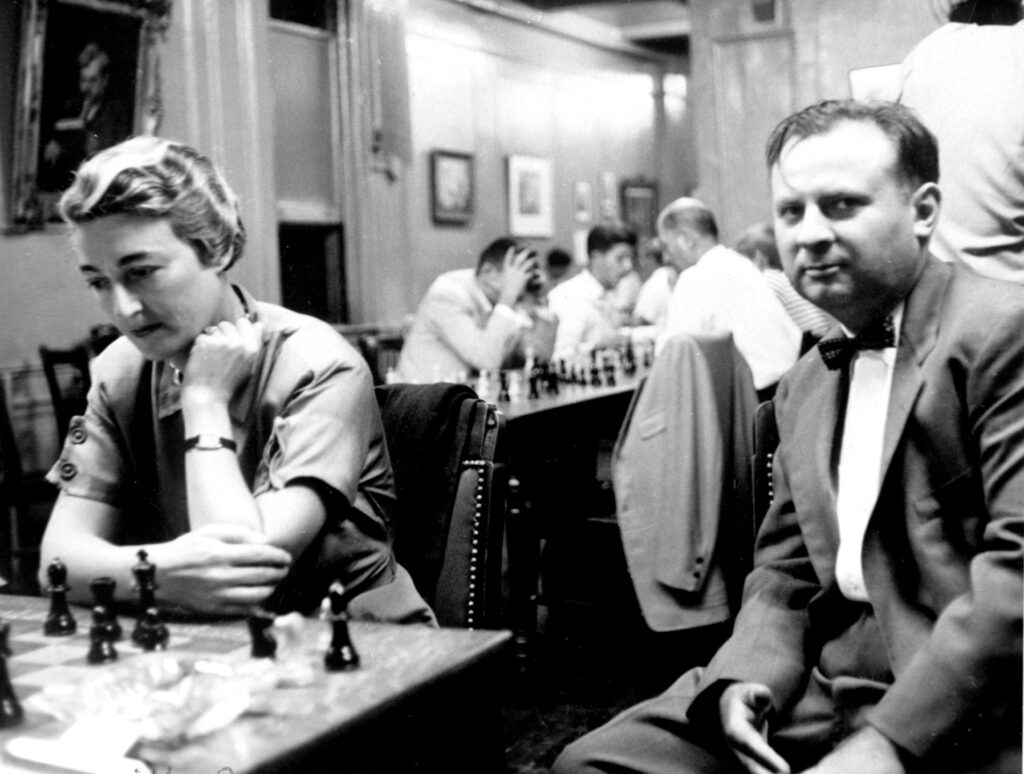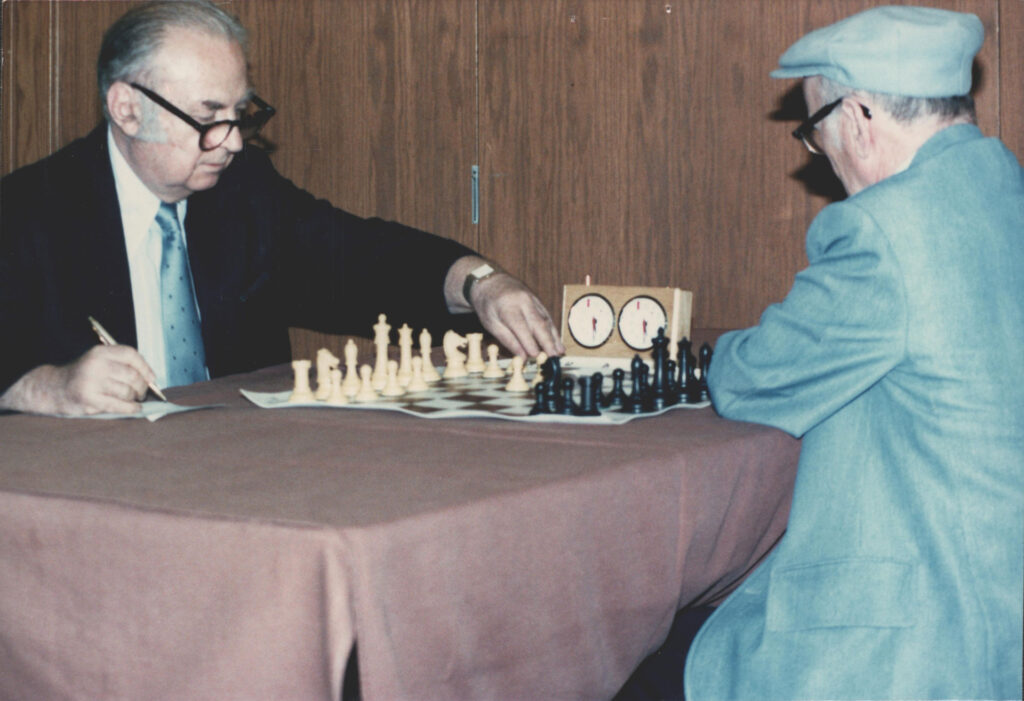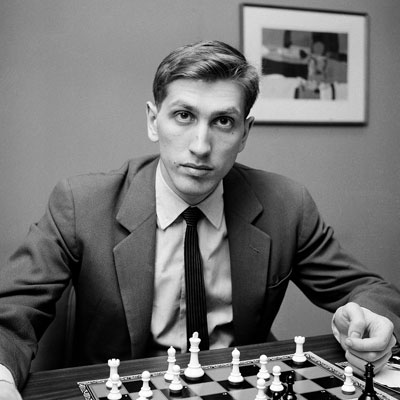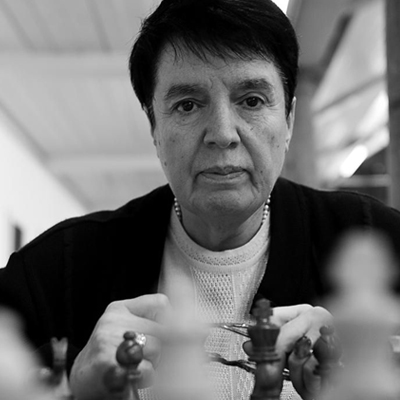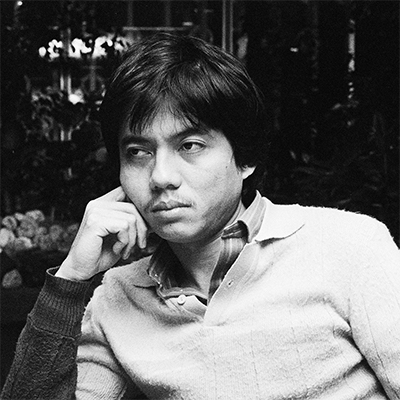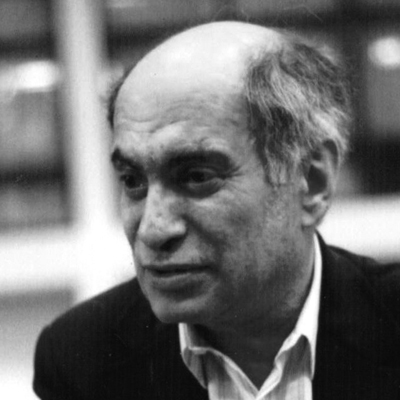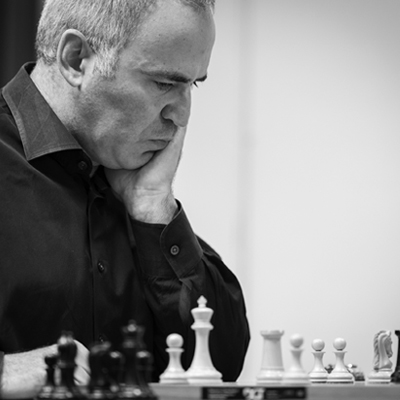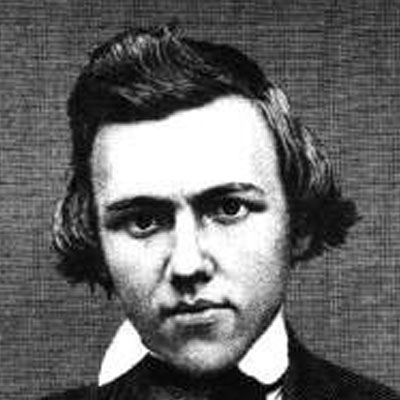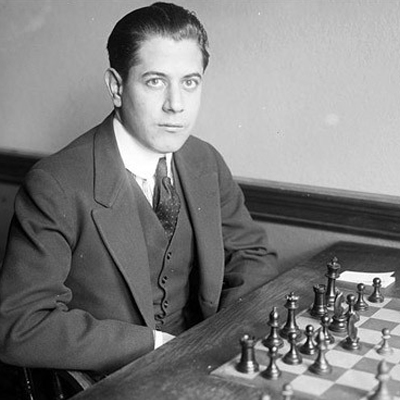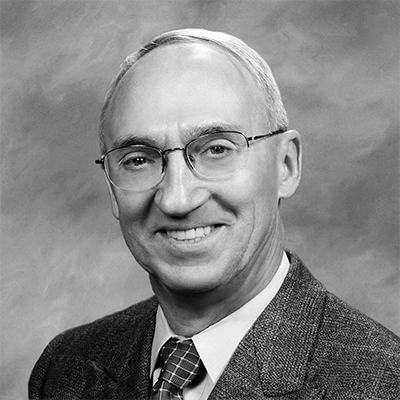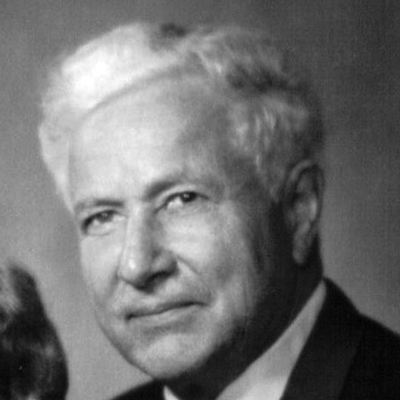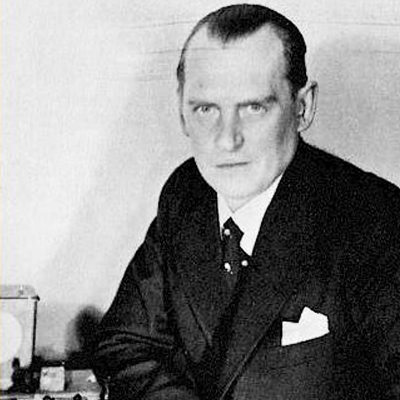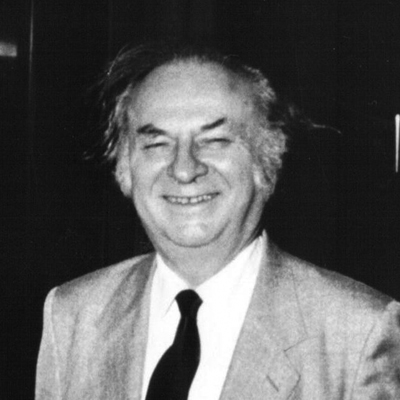
US Hall of Fame
Reuben Fine
Inducted 1986 1914 - 1993

United States of America
Biography
One of the best players in U.S. history as well as a popular and important writer, Reuben Fine was born in New York City into an impoverished Russian-Jewish family. After learning to play chess at age 8, he rose quickly through the ranks of the Manhattan Chess Club, becoming a master of blitz chess in particular. He took the first of his seven U.S. Open Championships at 17. His first major international success came as a member of the victorious U.S. Olympiad team at Folkestone in 1933. Over the next five years, Fine won team golds at the 1935 and 1937 Olympiads and exhibited strong finishes at several international tournaments, including victories at Hastings in 1935-36 and at the 1938 AVRO tournament. Fine was a fierce competitor at four U.S. Championships between 1936 and 1944, but he never emerged victorious. His international record during the 1930s, however, was superior to that of Samuel Reshevsky, his perennial rival for the U.S. Championship title. These results established him as one of the world’s elite players during the 1930s and early 1940s.
During the lull in international competition that accompanied World War II, Fine turned his attention to chess writing. He edited Modern Chess Openings in 1939 and released the classic Basic Chess Endings in 1941. Though a participant in several national tournaments and in two team matches against the Soviets in 1945 and 1946, Fine largely gave up chess after World War II, declining to participate in the 1948 World Championship to which he had been invited. After receiving a doctorate in psychology, he chose to concentrate on his new career, serving as a visiting professor and authoring several books, including The Psychology of the Chess Player.
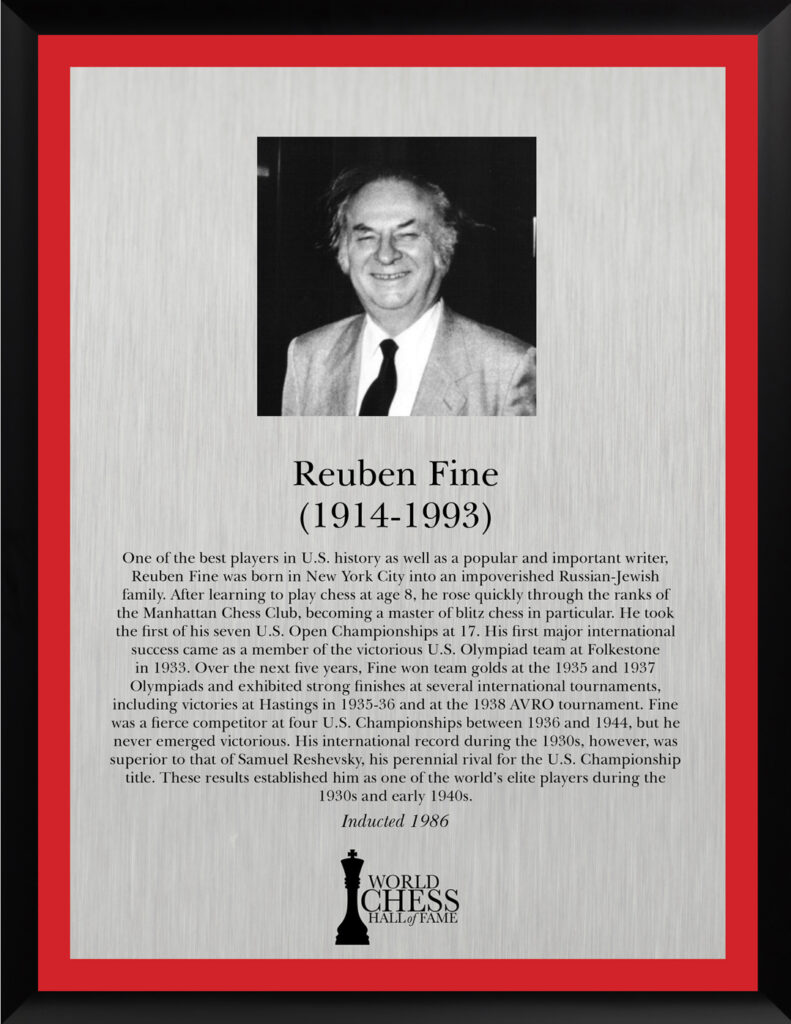
Notable Games
